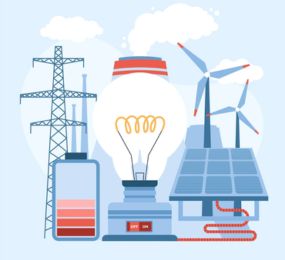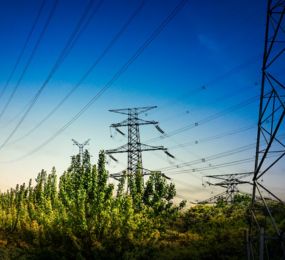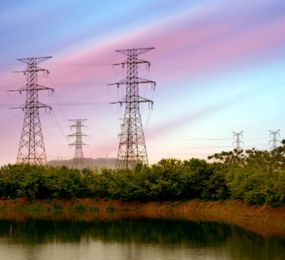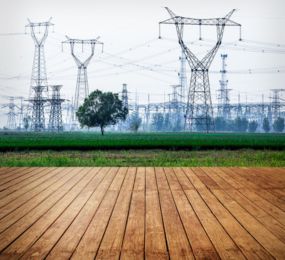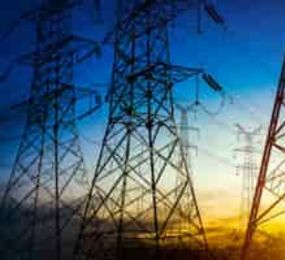As climate change intensifies, so does the need for resilient and adaptive power infrastructures. The electric grid, a linchpin of modern society, is facing unprecedented challenges from the escalating impacts of climate change, including extreme weather events, rising temperatures, and sea-level changes. In this context, bolstering electric grid resilience becomes not just a necessity but a strategic imperative.
Advanced Technologies and Grid Modernization:
Grid resilience hinges on the integration of advanced technologies and the modernization of aging infrastructure. Smart grids, equipped with real-time monitoring and control systems, enable swift responses to disruptions. Automation and artificial intelligence play pivotal roles in predicting and mitigating issues, ensuring a more robust and adaptive electric grid.
Renewable Energy Integration:
The shift toward renewable energy sources is a key component of enhancing grid resilience. By diversifying the energy mix, including solar, wind, and hydropower, grids become less vulnerable to the impacts of climate change. Additionally, distributed energy resources and microgrids offer localized solutions, providing power even in the face of broader grid disturbances.
Disaster Preparedness and Adaptive Planning:
Resilience demands proactive disaster preparedness and adaptive planning. Electric utilities must anticipate the potential impacts of climate-induced events and develop strategies to maintain essential services. This includes fortifying critical infrastructure, securing backup power systems, and establishing rapid response protocols.
Community Engagement and Education:
Grid resilience is a collective effort that involves not only utilities but also communities. Engaging and educating the public about energy conservation, emergency response measures, and the importance of grid resilience fosters a sense of shared responsibility, making communities more resilient in the face of climate challenges.
Sustainable Energy Practices:
Sustainability and resilience go hand in hand. The adoption of sustainable energy practices, such as energy efficiency measures and reducing greenhouse gas emissions, contributes not only to mitigating climate change but also to creating a more resilient electric grid.
In conclusion, as the impacts of climate change escalate, electric grid resilience becomes a linchpin for ensuring a reliable and sustainable energy future. The integration of advanced technologies, renewable energy sources, and community engagement is pivotal in navigating the storms of climate change and fortifying our electric grid against an uncertain future.
Visit our website to register and secure your spot today! click here: https://bit.ly/3peklYc
For more information and group participation, contact us: [email protected]


